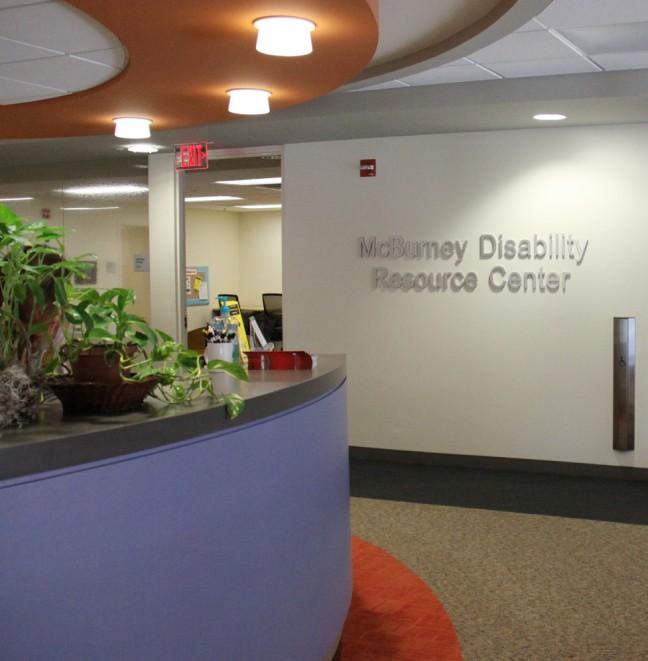Trying to find my space in academia and student life at the University of Wisconsin this past year has been disheartening — particularly in the context of existing as a disabled student pursuing the STEM field (and, ultimately, a career in clinical healthcare).
In a course entitled “Individuals with Disabilities,” a classmate of mine argued that I was centering myself around my “downfalls” by referring to myself as disabled. They said that I should instead opt to use the verbiage “differently abled” to describe my life. Time and time again, I encounter students in my courses proclaiming their passion for helping people with “special needs,” only to stare me down when I enter a lecture using my cane or board the bus in my wheelchair.
This phenomenon begs several questions. Are these students genuinely devoted to the pursuit of broadening accessibility and equity for the disability community? Is this pursuit rooted in informed allyship, or is it rooted in an abled savior complex? Simply reflecting on these ideas, however, does not suffice. I wholly believe in the necessity of reframing courses on disability to reflect our culture and our voices.
Many classes with primary foci of disability or chronic illness that I’ve completed thus far have relied on an ableist precedent of compulsory able-body-mindedness. Professors discuss disability as if disabled students are not in the room. Students engage in discussions surrounding disability but resort to ableist and euphemistic descriptions of the disabled experience. These courses, I’ve found, often reinforce the dangerous notion that the presence of a disability requires some form of treatment or an ultimate pursuit of a panacea. We need reform.
I’m proud to be disabled. I’m proud of my innovative and adaptable nature. I’m proud of my community and its tenacious spirit. Let’s start teaching disability history. Let’s talk about multiple marginalizations within the disability community and their implications. Let’s talk about universal design. Let’s talk about disability culture and pride. Let’s talk about the fact that all policy issues are disability issues. Ableism is ubiquitous and rhythmic on campus, but it doesn’t have to be this way. Teaching classes on disability from the perspective of disabled people is a promising means of cultivating a greater understanding of disability as a beautiful and natural component of identity.
Systems within UW trumpet that “all are welcome here,” but I feel as though I serve as a mere caricature of diversity on campus. Almost every stride toward access feels rooted in optics and platitudes. Securing resources for access needs is an ever-present game of tug-of-war. There is a wealth of knowledge to be gleaned from the disability community, and I urge everyone to tune in and listen to what we are saying instead of continuing to meet us with resistance and discomfort.
I am worthy of an accessible education. I am worthy of receiving appropriate accommodations. I am worthy of coursework that does not decry my disabled experience.
Point blank: Disabled. Students. Are. Worthy.
Katie Sullivan (kbsullivan2@wisc.edu) is a freshman majoring in communication sciences & disorders and health promotion & health equity.


